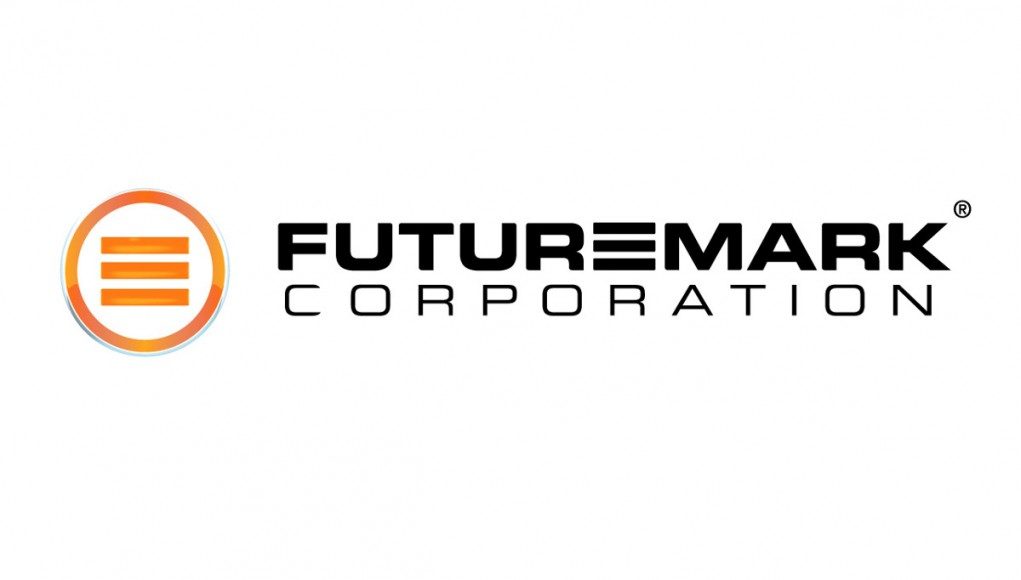Futuremark, the Finnish company specialising in synthetic performance benchmarking software, has announced it’s to turn its hand to measuring immersive technology performance with VRMark, its first virtual reality benchmark.
Futuremark has been a stalwart of the performance PC community scene for some time now. Producing synthetic (i.e. engineered game rendering scenarios) performance testing software with scores measured by their most popular benchmarking tool 3DMark long been used by PC gaming and overclocking enthusiasts for bragging rights.
Now, as the high performance gaming industry gears up for commercial reality, Futuremark want to make sure they’re in on the act as they’ve announce that their next generation benchmark VRMark is in development and set for a release some time this year.
“There are already more than a dozen different head-mounted displays for VR at various stages of completion. Analysts forecast that VR will reach 10.8 million users by the end of 2016. But delivering a great VR experience relies on overcoming significant performance challenges,” said Jukka Mäkinen, Managing Director at Futuremark. “With VRMark, we’re aiming to help everyone, from industry engineers and press reviewers to the end user at home, discover the best performing VR technology.”
The company claims the new software will leverage metrics pulled from VR hardware to gauge frame accuracy and latency. As anyone who has had a bad “trip” in VR caused by frame rate fluctuation will know, fluidity and consistency of imagery is paramous. VRMark promises to “…test a VR system’s ability to deliver a consistently high frame rate across a range of quality settings and content types.”
Futuremark is inviting technology companies to reach out and join their Benchmark Development Program to take part in the development process
Futuremark were acquired by UL last year, described as a “global safety science organization with more than a century of expertise and innovation in the fields of product safety testing, inspection and verification services.” The firm claims that the partnership will enable them to tackle the challenges faced in gauging and certifying virtual reality performance and will offer “professional lab-based VR testing and verification with precision instruments to industry customers.”
No details yet on precisely what form the benchmarks will take, but Futuremark do produce some of the prettiest benchmarks out there – so it’ll be interesting to see how they intend to represent the myriad application types and scenarios of virtual reality’s potentially vast scope. It’s not even clear which VR hardware will be supported as yet.
We’ll keep you updated on how this one progresses and how the industry receives the news.







